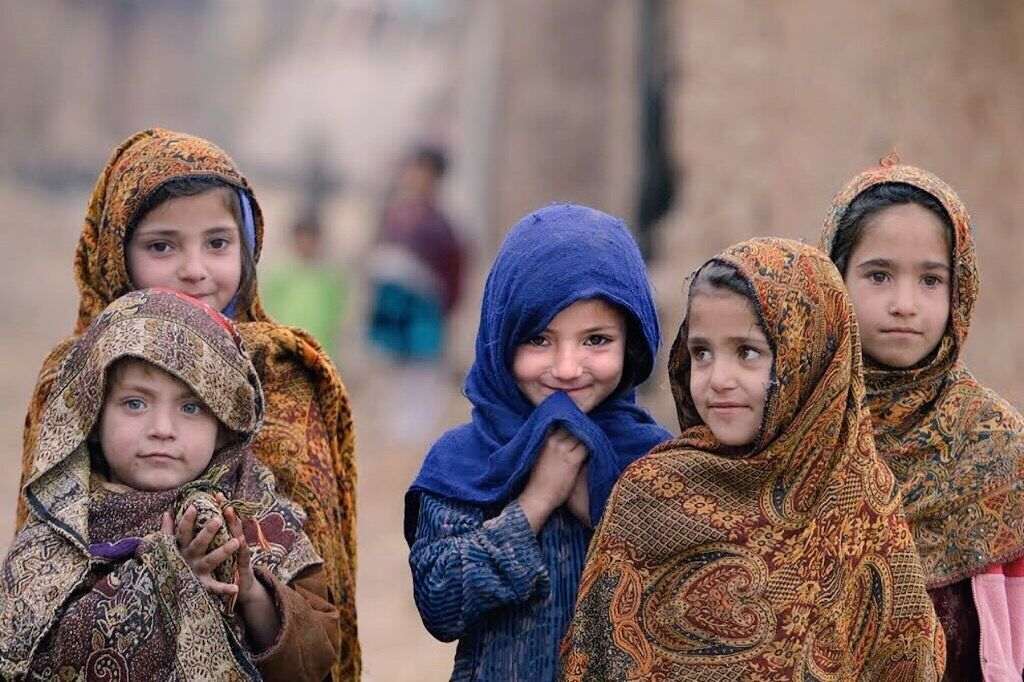After the Taliban took control of Afghanistan, the country’s economy suffered a significant contraction, which was coupled with rising poverty and financial instability. In a report, the organisation Save the Children highlighted that 24.4 million people in Afghanistan, including 13 million children, are in immediate need of humanitarian assistance.
According to a study that was conducted by the organisation Save the Children and published on Wednesday, 18.9 million people, including 9.2 million children, in Afghanistan may experience an emergency or critical lack of food between the months of June and November of 2022, as reported by Khaama Press.
According to the research, which cited the United Nations Development Program as its source, 97 percent of the population of Afghanistan is living in severe poverty and is sinking farther and further below the poverty line with each passing day.
According to Khaama Press, which cited the report, over one million Afghan children under the age of five have been affected by acute malnutrition. On the other hand, Afghanistan is currently dealing with numerous disease emergencies, including Covid-19, measles, acute watery diarrhoea (AWD), and dengue fever.
In addition to this, the situation in Ukraine has had a significant influence on the growth in the cost of food, which has caused it to be out of reach for many people in Afghanistan.
Afghanistan is currently dealing with a serious humanitarian crisis because, according to international assessments, the country now has the highest number of people in emergency food insecurity in the world. More than 23 million people in Afghanistan are in need of assistance, and approximately 95 percent of the population does not consume enough food. This situation has led to the country being ranked as the worst in the world for food insecurity.
In addition to this, the state of human rights in Afghanistan has deteriorated since the fall of the Afghan government in August of the previous year, which was followed by the restoration of the Taliban to power.
Even if the war in the nation has stopped, major abuses of human rights are still taking place without letup, particularly against women and members of minority groups. As a direct consequence of this, women and girls in Afghanistan are now experiencing a crisis in terms of human rights. They are being denied their basic rights to non-discrimination, education, labour, public engagement, and health care.
In addition to this, one of the major challenges that Afghans are facing is the persistent increase in the cost of food and other goods throughout the nation. Because of the almost twofold increase in the cost of food that has occurred in less than three months, an alarming number of Afghans are on the verge of becoming hungry.
